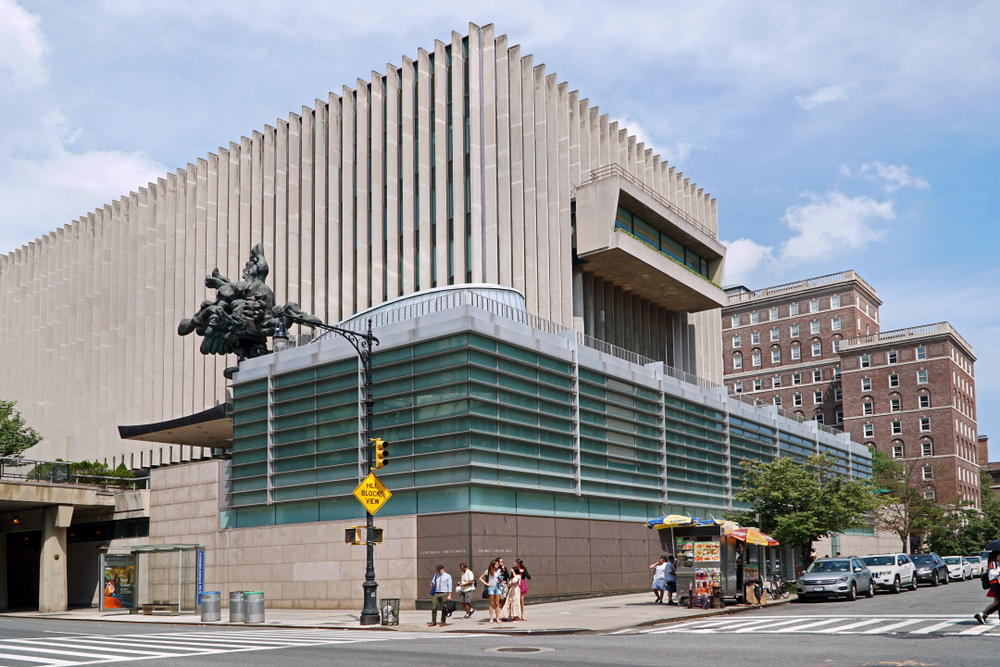Student editors at Columbia Law Review vote to strike after website shutdown, report says

The website of the Columbia Law Review was temporarily taken down last week, a reaction to a “secretive process” used in editing an article calling Zionism a form of colonialism and racism, according to the law review’s board of directors. (Photo from Shutterstock)
The website of the Columbia Law Review was temporarily taken down last week, a reaction to a “secretive process” used in editing an article calling Zionism a form of colonialism and racism, according to the law review’s board of directors.
Student editors reacted with a June 6 vote to begin a strike, approved in a 20-5 vote with two abstentions, according to the Columbia Spectator, which cited documents that it obtained. One of the student editors told the publication that a group is being formed to determine what actions will be paused during the strike.
The student editors are demanding editorial independence, according to the student editor, who asked not to be identified.
Above the Law, Inside Higher Ed (via Legal Ethics Roundup), CNN, the New York Times and the Associated Press have coverage of the website takedown, while the Washington Free Beacon published an op-ed.
The board of directors—which is made up of the law school dean, faculty members and alumni—told students editors in a letter that the board is not usually involved in determining content, but it was concerned about the unusual process of review for the article by Rabea Eghbaria, a Palestinian human rights lawyer and a doctoral candidate at Harvard Law School.
The website was taken down after student editors did not heed a board of directors request to pause publication of the article to allow all student editors a chance to read it, according to a board of editors statement published when the website was restored June 6.
In its earlier letter, the board said several student editors only recently became aware of the article’s existence. The secrecy is “unprecedented, in that every piece is either worked on by, or available on request to, all student editors during the editing process,” the letter said.
The article, written by Eghbariah, is titled “Toward Nakba as a Legal Concept.” Eghbariah had argued that “Nakba,” the Arabic word for “catastrophe,” should be used “to encapsulate the ongoing structure of subjugation in Palestine.”
Katherine Franke, a professor at Columbia Law School, told the New York Times that the student editors used a “somewhat irregular process” because they were concerned about censorship. A smaller committee solicited the article, which “went through at least six rounds of intensive editing and fact-checking over several months,” according to a committee statement.
Write a letter to the editor, share a story tip or update, or report an error.



